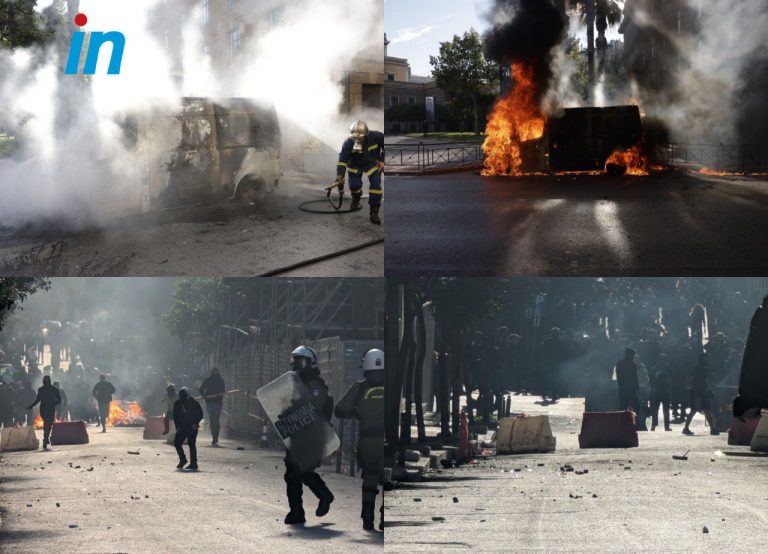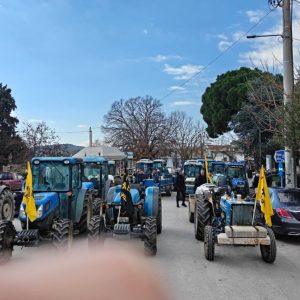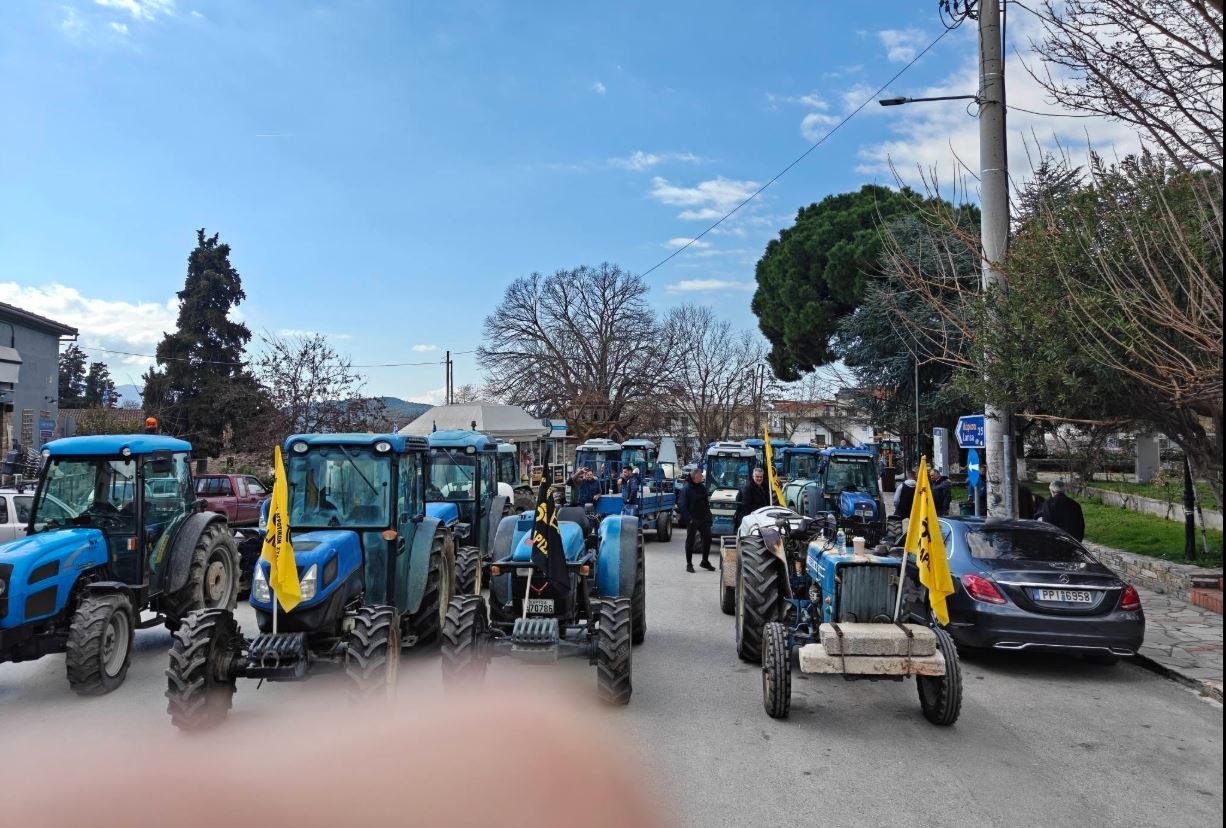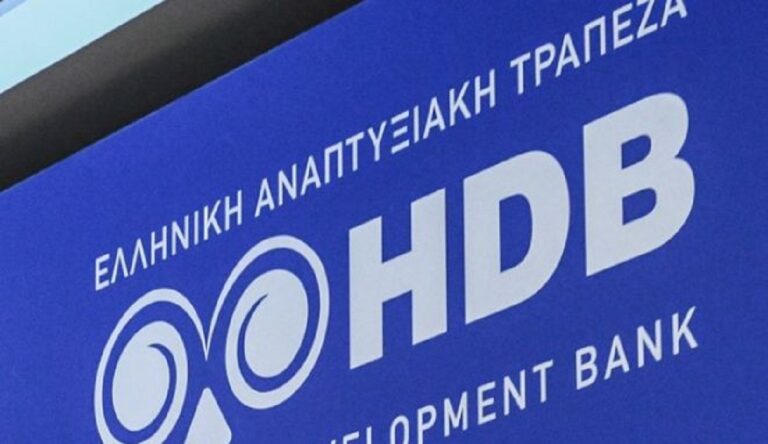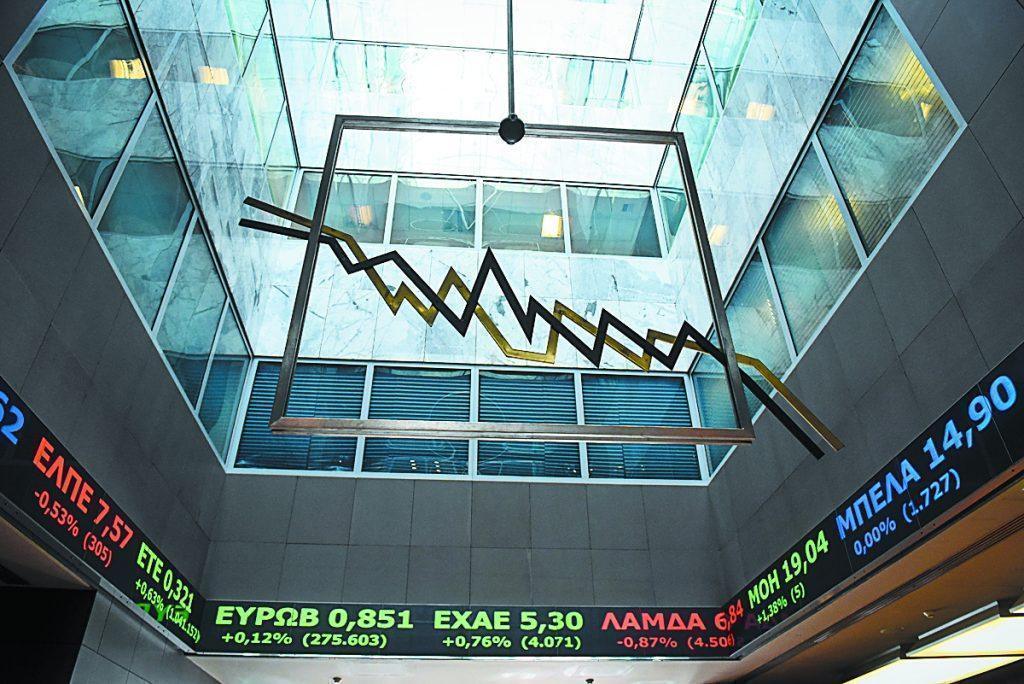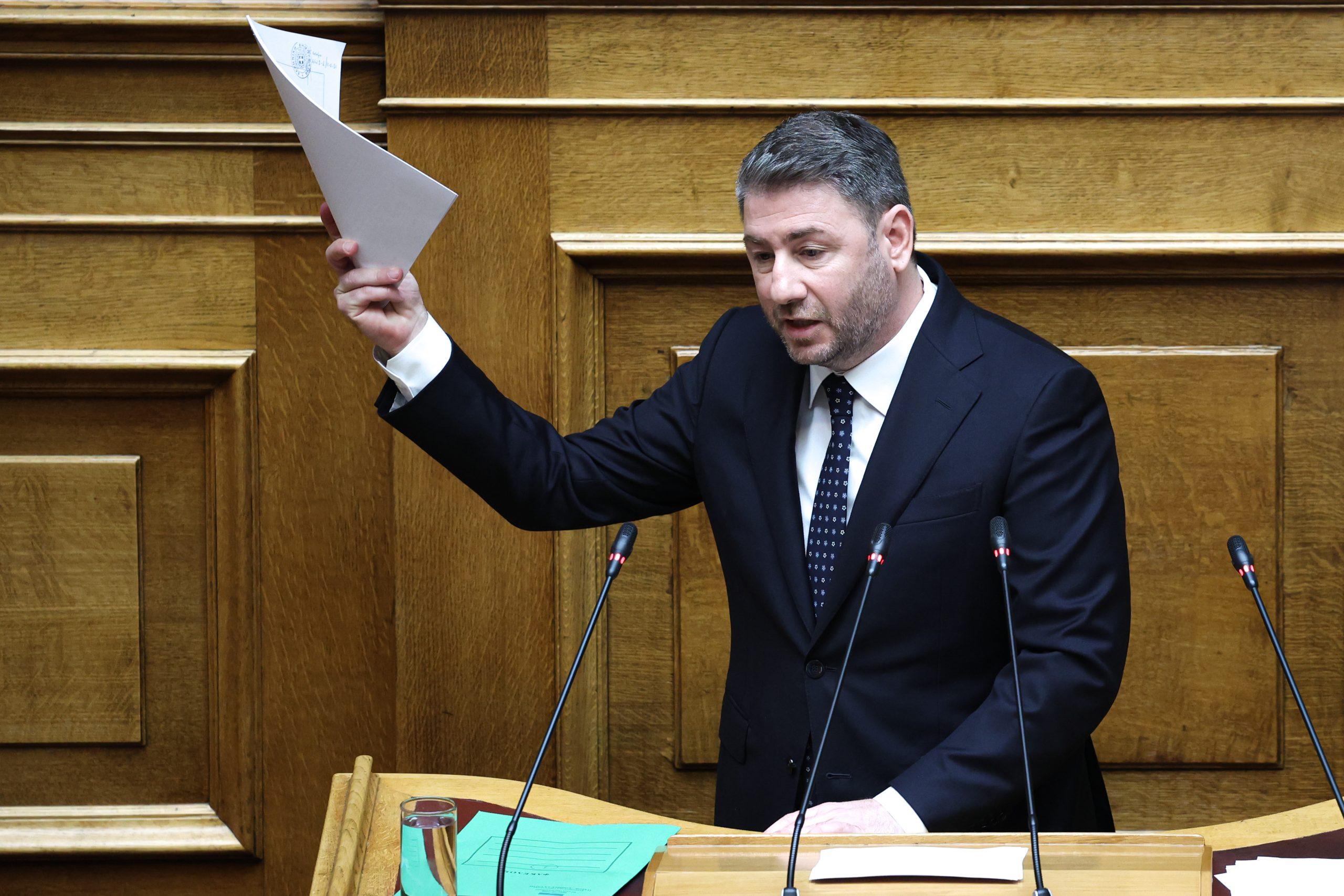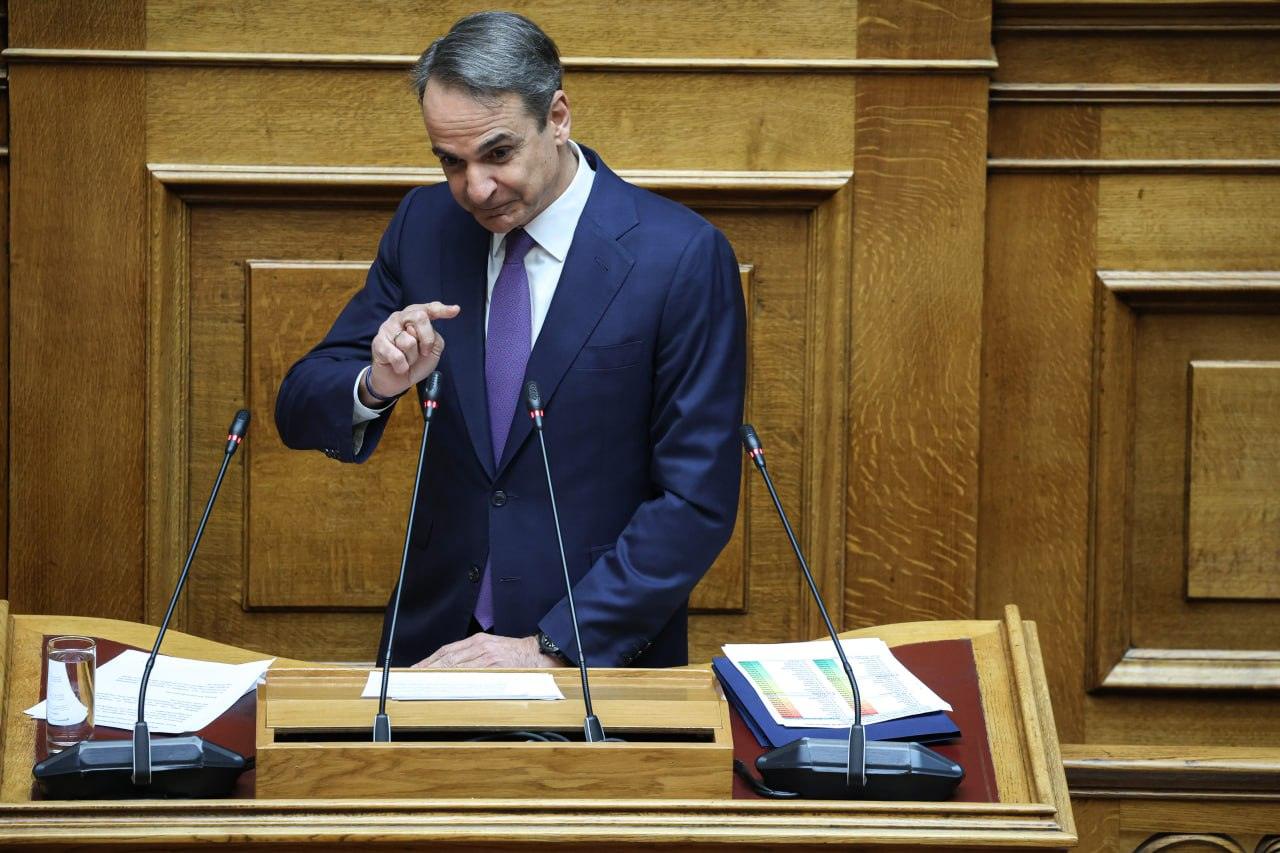Demonstrations called by trade unions, student unions and leftist groups in the wake of last week’s deadly train collision in north-central Greece took place around the east Mediterranean country on Wednesday, with the most prominent being in central Athens.
The protests coincided with a 24-hour strike called by several trade unions, as well as the labor group that represents civil servants. All train transports, sans the Athens metro, remained idle on Wednesday, while ferry boats were also docked due to an industrial action by seamen’s unions.
Protesters called for a full investigation over the causes of the rail disaster and even an end to privatizations.
Although one of the two trains that collided just south of the Tempi Valley Gorge was operated by the private Hellenic Train company, a subsidiary of Italy’s FS, the entire rail system, infrastructure, stations etc. is state-run and owned.
The demonstration in Athens was sizeable, attracting tens of thousands of people, and for the most part peaceful, although violence erupted as the tail-end of the protests when groups of masked rioters emerged to throw firebombs at assembled riot police and vandalize parked cars and other property – an ubiquitous phenomenon at many protests in the country over past decades.
Similar protests took place in other Greek cities as well, with small-scale clashes between rioters and police in Thessaloniki. A large protest rally was held in Larissa, which lies only a few kilometers from where the trains collided.
Some 16 people were detained in Athens, with seven arrests subsequently ordered, mostly for possession of flares, clubs and hoods.
The development came as a 56th victim was identified via a familial DNA sample on Wednesday, with the body belonging to a Syrian national.
A single case remains to be identified, police said.
